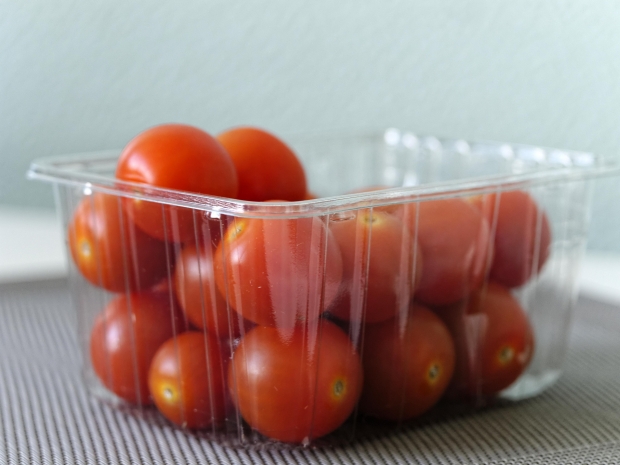
 Loading... Please wait...
Loading... Please wait...Save Money. Grow Your Own!
Fast Plain Box Shipping.
We ship to the US & Canada.
Posted on 24th Mar 2016
Hydroponics is a great way to grow food, but is it natural?
This is the kind of question you hear again and again as you hear people talk about the nuts and bolts of hydroponic gardening and how it relates to the bigger picture of world agriculture. As a beginning grower, you can benefit from knowing a little bit more about this discussion and how it applies to what you want to do with hydroponics.

The fundamental philosophy
People who are against hydroponics in general tend to say that it's not natural because it doesn't work the way conventional agriculture has worked for centuries and millennia. They might be right about the second part - cave people didn't have hydroponics. But they're somewhat wrong about the first part -- because in fact, you can see elements of hydroponic design in civilizations as old as Egypt, Sumeria and Babylon.
No, hydroponics doesn't use soil. But where does it say in the “natural world Bible” that this is the only way to grow plants? It doesn't.
National Organic Standards Board controversy
The US government developed a board called the National Organic Standards Board. This board advises the National Organic Program to determine what types of food get labeled organic. Although board members have voted to keep hydroponics excluded from organic certification, ultimately, some hydroponics growers have been able to be labeled organic.
General organic standards
To be labeled organic, produce has to come from farms that don't use directly applied harmful chemicals. The irony here is that a lot of big farming that happens in soil does use caustic chemicals on plants -- they even used elements of things like agent orange that was used in Vietnam. So saying that hydroponics isn't natural is maybe a simplistic way of talking about the situation. Organic labeling shows that plants are free from some particular types of things that scientists might call pathogens. Or at least question their safety.
When you look at it in the big picture perspective, whether or not plant roots are grown in soil seems like a small-ball kind of argument.
For more, keep an eye on Dealzer as we talk about the regulatory environment for an important and innovative way of growing.